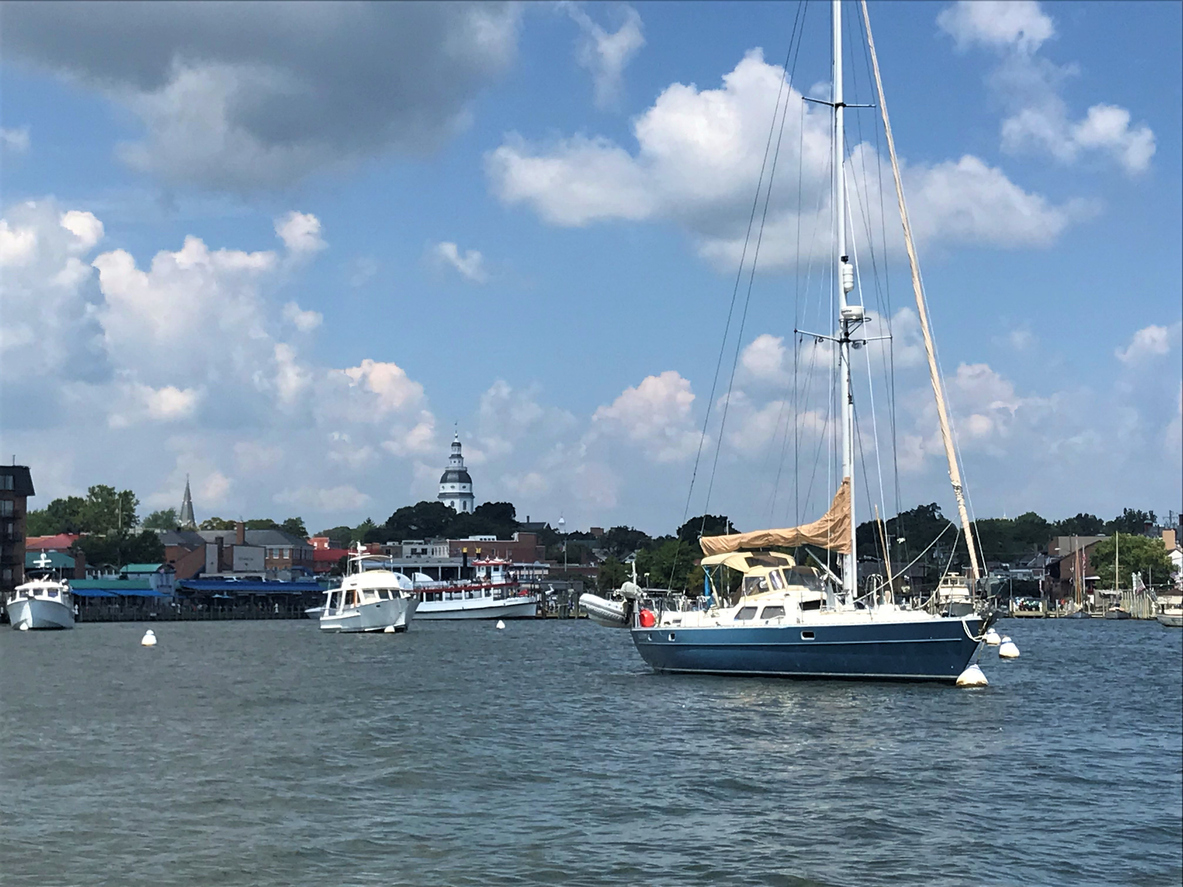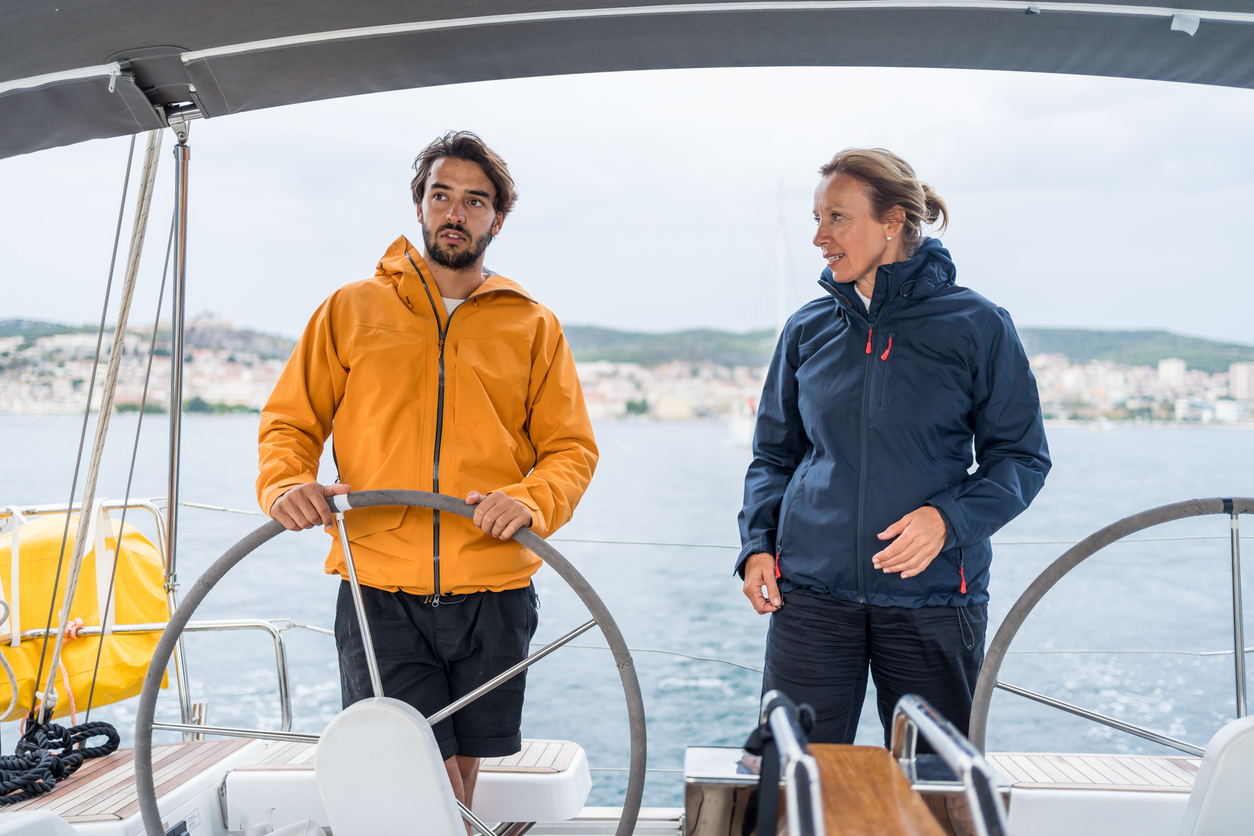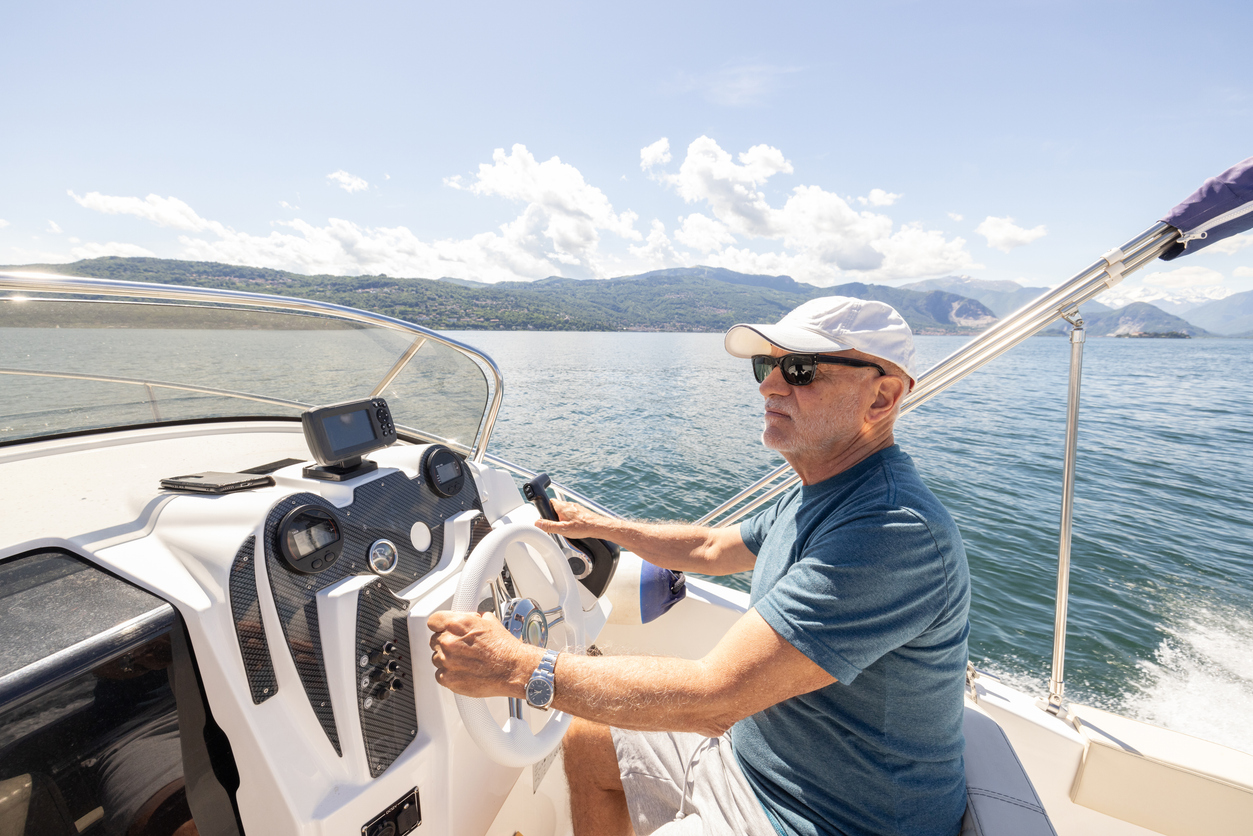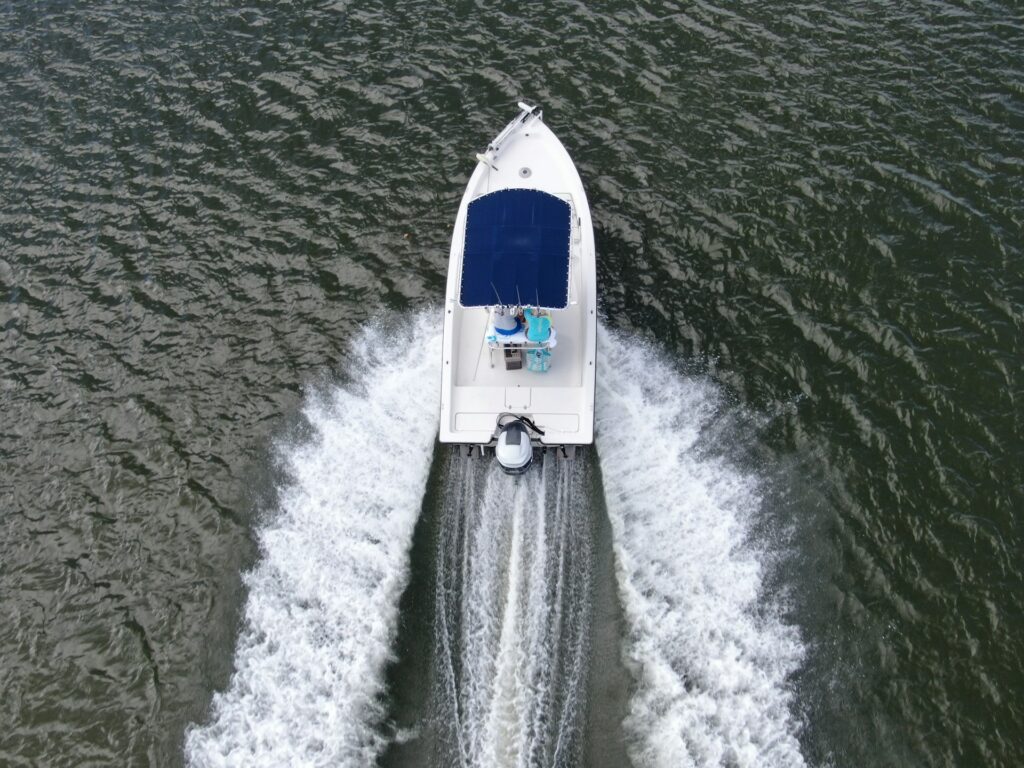You see your brand-new boat sitting in your driveway, practically calling out to you. It’s tempting to grab the keys and take it for a spin. But before you do, you pause and wonder: “Do I need a license to drive a boat in an Annapolis, Maryland, area marina?” This is an important question. We’re here to provide you with the insights you need about obtaining a boating license and ensuring you’re ready for your boating adventures.

Is a Boating License an Absolute Requirement?
You might be surprised to learn that a boating license is not a legal requirement in every state in the country. There are many that do have this requirement, but it truly boils down to a state-by-state issue. In Maryland, there are three main sticking points that you need to be aware of as it relates to the law and boating licenses:
A Boating License Is NOT Required
It is not a requirement to hold a boating license to operate a boat in Maryland. However, knowing some of the basics about how to safely operate a boat is still a good idea if you plan on taking one out onto the open waters. It is always better to be safe than sorry.
Boating Certificate and Safety Course
Although a boating license is not required in Maryland, the state does have some other requirements for anyone who wants to operate a boat. Namely, the operator must hold a boating certificate and complete a safety course before they can take their boat out. These requirements improve the odds that the boat operator in Maryland will have a firm grasp on what they are doing.
Requirements Are Waived for Certain Individuals
The requirement for taking a boating safety course is waived for individuals over a certain age. Anyone born before July 1, 1972, does not have to submit to the safety course or obtain a boating certificate to lawfully operate a boat in Maryland. This is in place to make it easier for experienced boat operators to get out on the water without too many regulatory hurdles.
It is important to know things like this before taking a boat out in Maryland. You want to remain in compliance with the law, and the only way that happens is if you know what the hurdles are before you begin.
What Is the Benefit of a Boating License?
You might be curious about what the benefits of holding a boating license are in the first place. After all, it seems that Maryland has outlined some pretty reasonable rules for anyone who wants to operate a boat in that state.
Indeed, the rules in Maryland are reasonable for most boating situations. However, some states have taken the additional step of requiring a boating license to lawfully operate a boat. You might look at this and think that it is merely a trap to force boat owners to pay the government even more money to use their boats, but that is not the case. The reality is that obtaining a boating license requires the operator to demonstrate at least a basic knowledge of boating safety concepts. Thus, the holder of a boating license must have at least some basic safety skills under his or her belt before getting out into the open waters.
We can all agree that being around others who have taken basic steps to learn how to stay safe while boating is a good thing for everyone. You don’t want to expose yourself to unnecessary risks, and having an educated public is a great way to avoid this.

Boating License vs. Boater Education Certificate
There are various forms that one might obtain before taking their boat out. We have already discussed what a boating license is and why it is important, but how does it differ from a boater education certificate?
Simply put, you can obtain a boater education certificate without a boating license. They are two different documents that mean different things.
A boater education certificate attests that the holder has completed certain safety training related to boating. The holder has taken a course or otherwise demonstrated a knowledge of basic boating safety measures. The certificate is valuable because it means that the individual has taken a genuine interest in keeping themselves and others safe while on the water.
The advantage of a boater education certificate is that you can obtain it even in a state that does not require or offer a boating license. Although it is not a required form in most states, it is still nice to have.
Testing for a Boating License
If you intend to take your boat out in a state that requires a boating license, you will need to take an exam to obtain that license in the state before you get out onto the water. You should try to plan ahead and prepare to take the test in any state where you might want to take your boat out. These exams can be challenging, so study in advance to stay updated on the latest laws and safety measures for operating a boat.
After you pass your state-certified exam, you’ll receive your boating license and can head out on the water whenever you choose.

Thinking of Others and Yourself
At the end of the day, the point of holding a boating license or taking any kind of safety course related to boating is to keep yourself and others safe. You aren’t merely doing it for yourself and you aren’t only doing it for them either. Rather, it is a combination of the two, and you need to keep that in mind as you work through the regulatory hurdles necessary to boat legally in any state.
Contact us now for more information on how to meet the legal requirements you need in any state.

